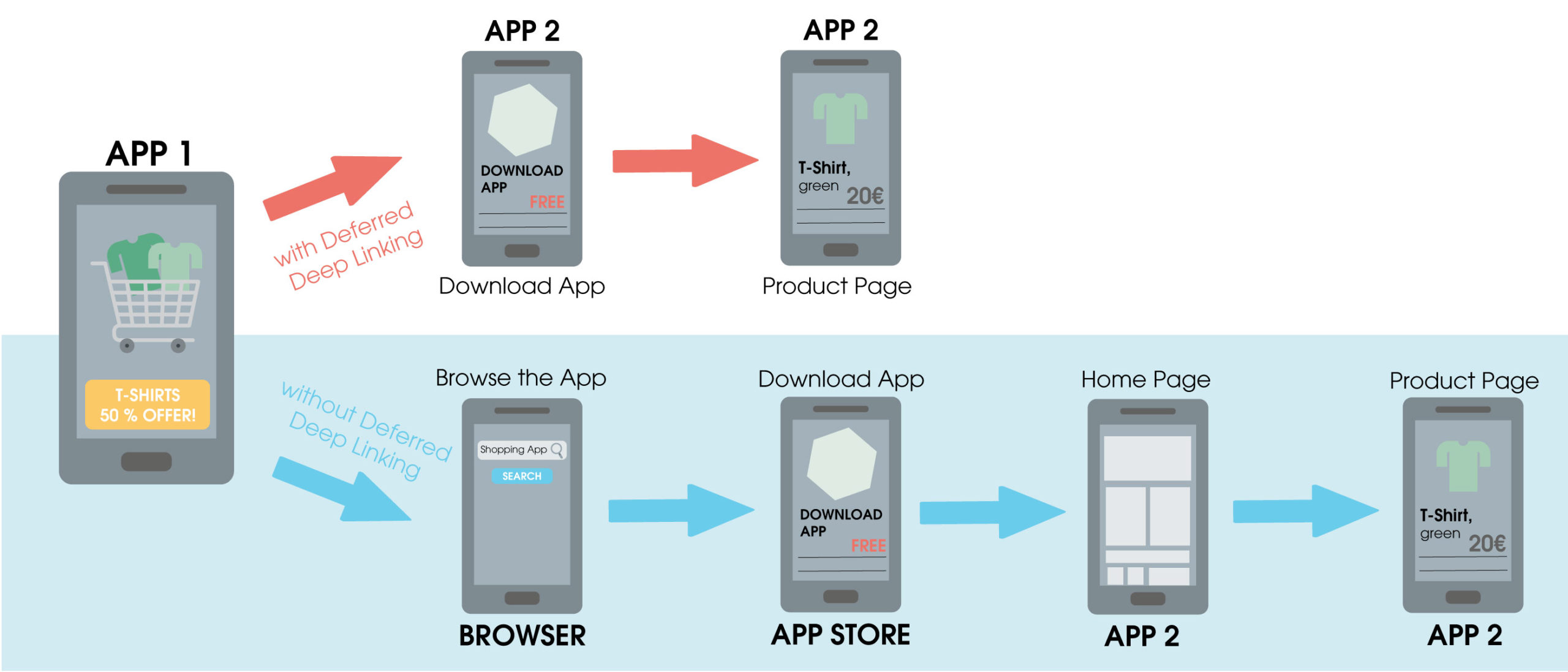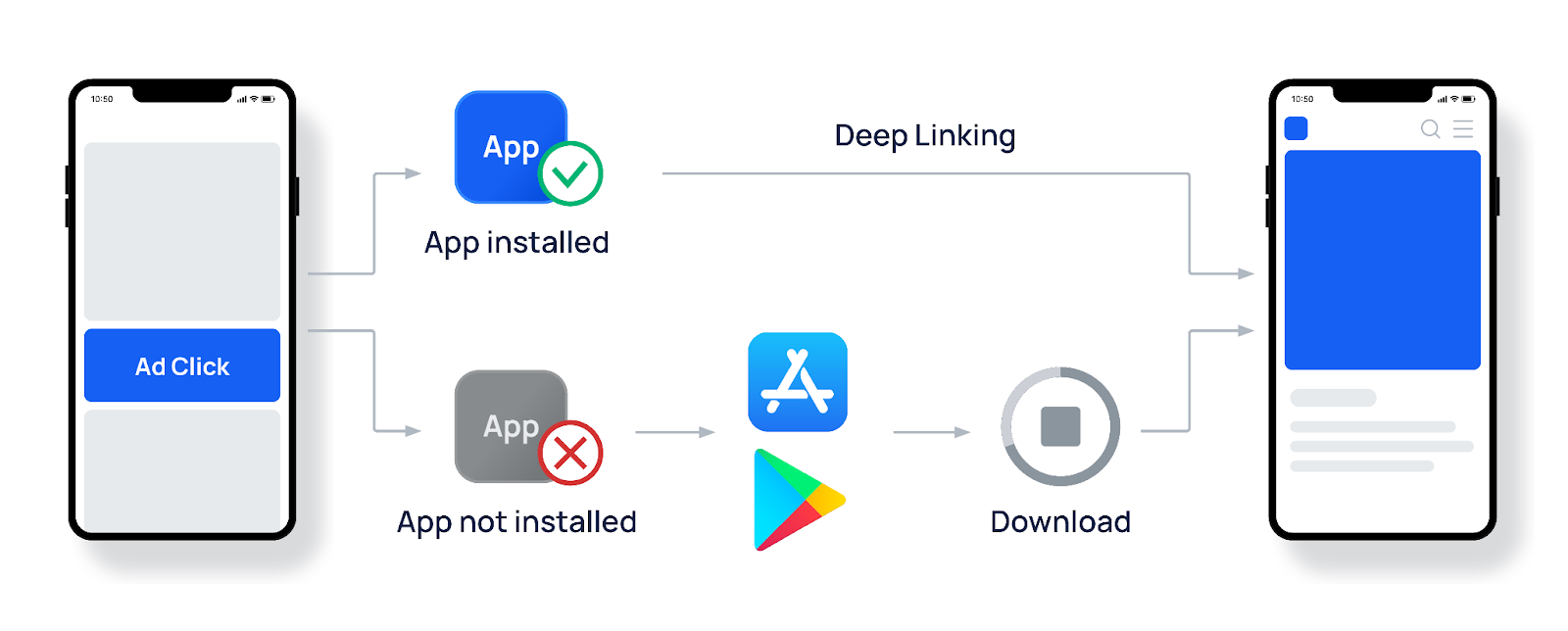Deep Hot Link: Unlocking The Secrets Of Digital Connections
Deep hot link has become a buzzword in the digital world, but what exactly does it mean? Imagine this—you're browsing the web, minding your own business, and suddenly you stumble upon a link that takes you straight to the heart of what you're looking for. No more clicking through five layers of menus or wasting time on unnecessary pages. That, my friend, is the power of a deep hot link. It's like having a VIP pass to the best content on the internet.
Now, let's break it down. A deep hot link is not just any ordinary hyperlink. It's a direct route to specific content within a website, skipping all the usual hurdles. Think of it as a shortcut that saves you time and effort. In today's fast-paced digital landscape, where attention spans are shorter than ever, this kind of efficiency is a game-changer.
So, why should you care about deep hot links? Well, if you're someone who values quick access to information, or if you're a content creator looking to enhance user experience, this is something you need to know. Let's dive deeper into the world of deep hot links and uncover what makes them so powerful.
Read also:Jillian Fink A Rising Star In The Spotlight
What Exactly is a Deep Hot Link?
A deep hot link refers to a hyperlink that points directly to a specific piece of content within a website, rather than the homepage or general entry points. This concept has been around for a while, but its importance has grown exponentially with the rise of content-heavy websites. Instead of directing users to the main page and letting them navigate on their own, deep hot links bring them straight to the desired destination.
For example, imagine you're searching for a particular blog post about "how to optimize your website for SEO." A deep hot link would take you directly to that blog post, bypassing the homepage, categories, and tags. It's like a personal guide that knows exactly where you want to go.
Why Are Deep Hot Links Important?
Deep hot links are more than just convenient; they're essential for improving user experience and increasing engagement. Here are a few reasons why:
- Enhanced User Experience: Users appreciate speed and efficiency. When they click a link, they want to land exactly where they need to be, not waste time navigating.
- Improved SEO Performance: Search engines love deep hot links because they indicate that your content is well-organized and easy to access. This can boost your rankings and drive more traffic.
- Increased Conversion Rates: By reducing friction in the user journey, deep hot links can lead to higher conversion rates, whether that's signing up for a newsletter, making a purchase, or downloading a resource.
The Evolution of Deep Hot Links
Deep hot links have come a long way since their inception. In the early days of the internet, websites were relatively simple, and most links pointed to the homepage. As websites grew in complexity, the need for more direct access became apparent. This led to the development of deep linking, which eventually evolved into the sophisticated deep hot links we know today.
Modern deep hot links are not just about navigation; they're about creating seamless experiences for users. They integrate with various technologies, such as APIs and tracking tools, to provide personalized and relevant content. This evolution has made them indispensable in the digital ecosystem.
How Technology Has Shaped Deep Hot Links
Advancements in technology have played a significant role in shaping the functionality of deep hot links. From improved algorithms to enhanced tracking capabilities, the tools available to web developers have made it easier to implement and manage deep hot links effectively.
Read also:Lori Lockland The Untold Story Of A Rising Star In The Entertainment World
For instance, tools like Google Analytics allow website owners to track how users interact with deep hot links, providing valuable insights into user behavior. This data can then be used to optimize content and improve overall user experience.
Implementing Deep Hot Links on Your Website
Implementing deep hot links might sound complicated, but with the right approach, it's quite manageable. The first step is to identify the key pages or pieces of content you want to promote. These could be blog posts, product pages, or any other content that you believe will benefit from direct access.
Once you've identified your target content, you'll need to create unique URLs for each page. This involves adding specific parameters or anchors to the URL that point directly to the desired section or piece of content. For example, instead of linking to "example.com," you might link to "example.com/blog-post#section3" to take users directly to section three of the blog post.
Best Practices for Creating Deep Hot Links
Here are some best practices to keep in mind when creating deep hot links:
- Use Descriptive URLs: Make sure your URLs are clear and descriptive, so users know exactly where they're going.
- Test Your Links: Always test your deep hot links to ensure they're working correctly and directing users to the right content.
- Monitor Performance: Keep an eye on how your deep hot links are performing using analytics tools. This will help you identify areas for improvement.
The Impact of Deep Hot Links on SEO
Deep hot links can have a significant impact on your website's SEO performance. By directing users to specific pieces of content, you're helping search engines understand the structure and relevance of your site. This, in turn, can improve your rankings and drive more organic traffic.
Additionally, deep hot links can enhance your site's click-through rate (CTR) by providing users with more relevant and targeted options. When users find exactly what they're looking for, they're more likely to stay on your site and explore further, reducing bounce rates and increasing dwell time.
How Deep Hot Links Improve User Engagement
User engagement is a critical factor in SEO success. Deep hot links can help improve engagement by:
- Reducing Navigation Time: Users don't have to waste time navigating through multiple pages to find what they're looking for.
- Providing Relevant Content: By directing users to the most relevant content, you're increasing the likelihood that they'll find value in your site.
- Encouraging Exploration: Once users land on a specific piece of content, they're more likely to explore other parts of your site.
Common Misconceptions About Deep Hot Links
Despite their many benefits, deep hot links are often misunderstood. Some people believe that they can harm SEO or that they're difficult to implement. Let's address some of these misconceptions:
Misconception 1: Deep hot links can hurt your SEO. This is simply not true. In fact, as we've discussed, deep hot links can improve your SEO by enhancing user experience and providing valuable insights into user behavior.
Misconception 2: They're too complicated to set up. While it does require some technical knowledge, implementing deep hot links is not as difficult as it seems. With the right tools and resources, anyone can create effective deep hot links.
Clearing the Air on Deep Hot Links
To clear up any remaining confusion, here are a few key points to remember:
- Deep hot links are designed to enhance user experience, not hinder it.
- They can be implemented with relative ease, even for those without extensive technical expertise.
- Using deep hot links responsibly can lead to improved SEO performance and higher user engagement.
Real-World Examples of Deep Hot Links
Let's take a look at some real-world examples of deep hot links in action. One of the most notable examples is Wikipedia, where deep hot links are used extensively to direct users to specific sections of articles. This makes it easy for users to find the information they're looking for without having to scroll through lengthy pages.
Another great example is e-commerce websites, where deep hot links are used to direct users to specific product pages. This not only improves the shopping experience but also increases the likelihood of a purchase.
Learning from the Best
By studying successful implementations of deep hot links, you can gain valuable insights into how to use them effectively on your own site. Pay attention to how these sites structure their URLs, organize their content, and track user interactions. This will help you create a strategy that works for your specific needs.
The Future of Deep Hot Links
As technology continues to evolve, so too will the role of deep hot links in the digital landscape. We can expect to see even more sophisticated implementations, integrating with emerging technologies like AI and machine learning to provide even more personalized and relevant experiences for users.
Additionally, as user expectations continue to rise, the demand for seamless and efficient navigation will only increase. This means that deep hot links will become an even more critical component of successful web design and content strategy.
Preparing for the Next Wave
To stay ahead of the curve, it's important to keep up with the latest trends and developments in the world of deep hot links. Attend webinars, read industry blogs, and participate in online forums to stay informed and connected with other professionals in the field.
Conclusion: Embrace the Power of Deep Hot Links
In conclusion, deep hot links are a powerful tool for improving user experience, enhancing SEO performance, and increasing user engagement. By understanding their benefits and implementing them effectively, you can take your website to the next level.
So, what are you waiting for? Start exploring the possibilities of deep hot links today and see the difference they can make for your site. Don't forget to leave a comment or share this article with your friends and colleagues. Together, let's create a more connected and efficient digital world!
Article Recommendations


